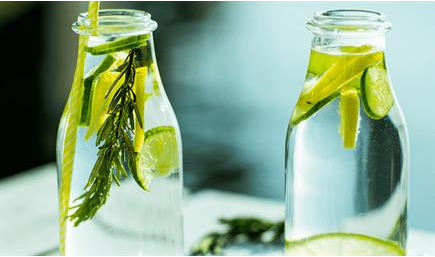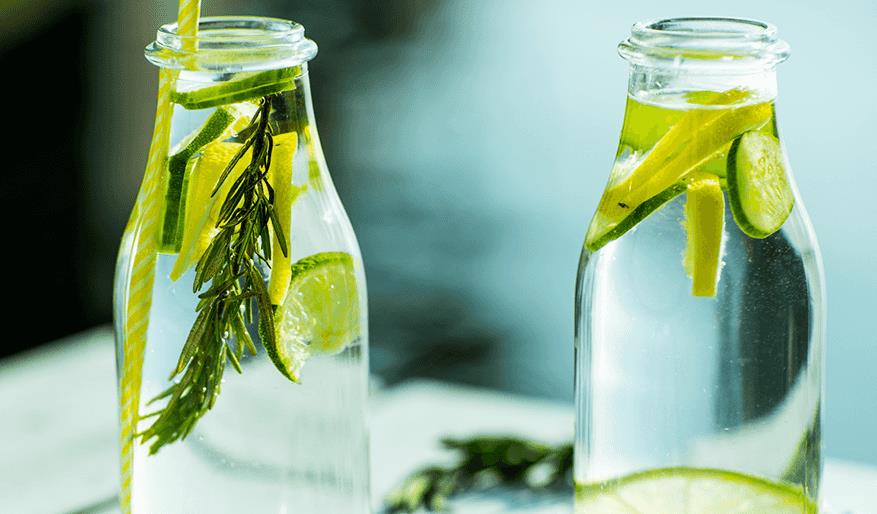Our Doctors
Meet all the doctors from Cleveland Clinic Abu Dhabi.
View Doctors
Learn about a common problem of the urinary tract system

Nearly one in ten of us will get a kidney stone in their lifetime, and without taking preventive action, half of those people will get another one. Men between the ages of 30 and 50, are the most at-risk group. The symptoms of kidney stones include:
These symptoms are caused when kidney stones form and block the normal flow of urine. However, many of these symptoms can indicate other problems, it’s important to remember that only a combination of these may suggest a kidney stone.
People can pass kidney stones, but it is painful and can take days or even weeks. “Surgery may be required in some circumstances,” explained Dr. Kashif Siddiqi, a urologist at Cleveland Clinic Abu Dhabi. “The surgical procedure depends on the size and location of the stone, in addition to other factors.”
If you have had kidney stones before or are generally worried about them, there are some precautions you can take to prevent them from forming:
1. Stay hydrated – the kidneys need plenty of fluids to work properly. Kidney stones form when urine becomes too concentrated. The risks are higher for people who are active or live in hot climates. Water is best, but the citrate in drinks like lemonade or orange juice can help to prevent stones. Use our formula to work out how much water you should drink every day.

2. Cut back on salt – too much salt can keep your body from processing calcium normally. The calcium builds up in urine, increasing your risk of kidney stones. Besides reducing the amount of salt you add to food, avoid regularly eating junk food or preserved food, such as burgers, chips, cookies and cakes.
3.Choose your protein carefully – a diet high in animal protein (beef, poultry, eggs, and seafood) raises the acid levels in your urine and makes it easier for certain types of kidney stones to form.
4.Skip the soda – soft drinks contain certain ingredients which can increase your risk of kidney stones. You should also avoid foods such as beets, chocolate, spinach, rhubarb, wheat bran, tea, and some kinds of nuts, as they contain an ingredient called oxalate.